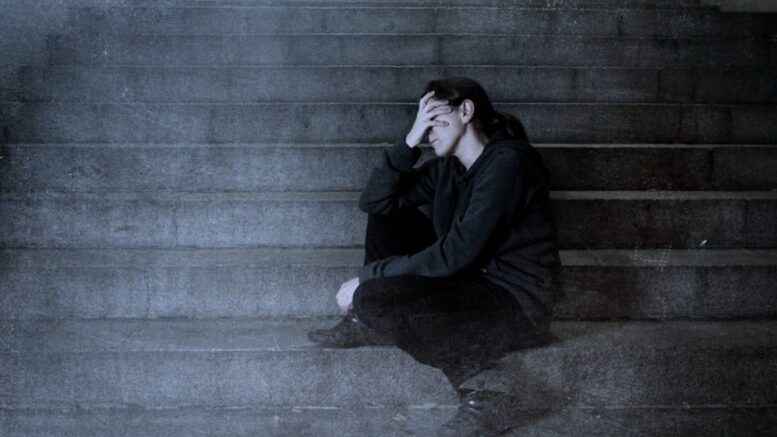It is not new information that psychedelic substances affect moods in humans and even animals. The catalogue of data detailing the various ways psychedelics affect the human psyche is enormous. Recently, research has turned to explaining why psilocybin affects moods the way it does. This article will highlight the research to reveal and explain why psilocybin has an effect on depression.
Answering the Pertinent Questions About Psilocybin
The strides made in medical research over the last few decades have only begun to bridge the gap in our understanding. To many, psilocybin is merely a hallucinogen, but the depth of its interactions with the brain is quite surprising. In several countries, psychedelic therapies, or psilocybin retreats, are legal because psilocybin is unique when compared to traditional depression treatments. It can have an effect on patients who are unresponsive to other forms of treatment.
Fostering Connections to Improve Behaviour
One of the studies was conducted by scientists at the University of California and Imperial College. A person in a depressed state suffers from what the scientists describe as peaks in the mental landscape. Those peaks make fluidity of thought and emotion difficult. The brain is basically a massive, intricate network of cells. Of course, that is an oversimplification of what is essentially the most complex thing in the universe.
A lack of connections creates an inflexible state in the brain with unhealthy thinking patterns.
The research revealed that psilocybin reconnects the thought centres in the brain. Flattening the peaks in the mental landscape helps break unhealthy thought patterns, one of the main symptoms that manifest as depression. This effect of psilocybin is known as plasticity, wherein the brain regains its flexibility.
How Psilocybin Creates Neural Connections in the Brain
We know the effects psilocybin has on the brain, and we have an idea of the reason for that. The next step in explaining how psilocybin works is understanding how psilocybin fosters those connections in the brain. Research is still ongoing in that regard, with the mechanism in the process of being understood.
Recent studies, also from the University of California, attempted to uncover the secrets.
Testing showed that psilocybin is one of a few compounds that can combine with a certain receptor in the brain’s neurons. However, some of the other substances with this ability cannot break behavioural patterns, as psilocybin does.
Uncovering the Mechanism of Psilocybin
Earlier this year there was a publication about the power of psilocybin in improving brain flexibility. The real mechanism behind how much a substance drives plasticity is tied to how it enters the cell membrane. The way psilocybin is able to penetrate the brain’s neurons is tied to how it drives the creation of connections. This discovery is still in the stages of proof and confirmation, but it has far-reaching benefits.
The War Against Depression
Mental health issues like anxiety and depression have afflicted humanity for thousands of years. Psychedelics like psilocybin have been used as treatment for a long time as well. More research will continue as time progresses and uncovering the full effects of psilocybin and other psychedelics will lead to the mainstream adoption of this alternative treatment for depression.
